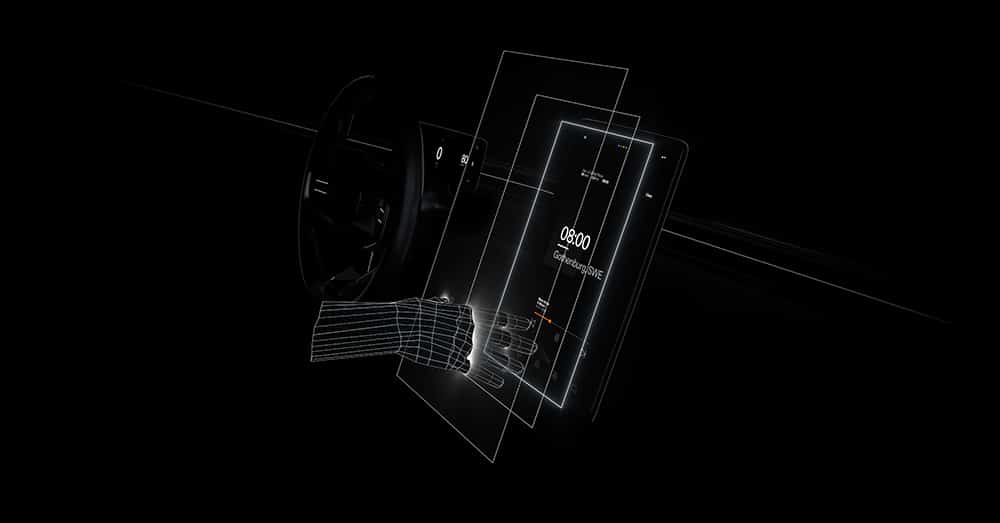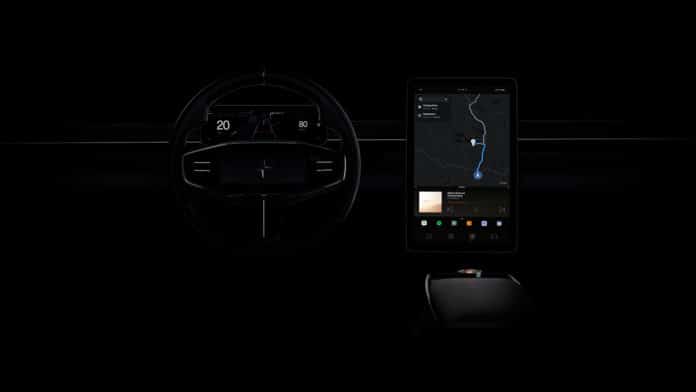The electric vehicle startup, Polestar, probably has big plans for the Geneva Motor Show, which will take place in a few days. It has already been confirmed that it is strengthening its cooperation with Google and wants to continuously improve the user experience in its vehicles with the infotainment system, which is based on Android Automotive.
The Volvo sub-brand has announced the next generation of its human-machine interface, which has been developed once again in collaboration with Google. Completely customizable for each driver, the next generation of cars, “Polestar 2” is expected to be the first vehicle on the market powered by Android with the Google Assistant, Google Maps, and the Google Play Store built-in.

Polestar’s new infotainment system will automatically adjust the user’s personal preferences and applications that have been used recently. It will make it possible to adjust not only the position of the mirrors and seats, set the desired climate control temperature, but also turn on the driver’s favorite music before the person enters the car.
The manufacturer imagines that the entire interior can adapt to the personal preferences of the driver as he approaches the car thanks to the use of a digital key in his possession. Google Assistant will be an even more useful co-pilot while driving, including a greater number of languages and providing more personalized user experiences. The entertainment experience will also be improved.
In the future, video streaming will be available when the car is parked or while charging. Polestar will implement advanced eye detection and proximity sensors inside the cockpits. In this way, the screens will change the brightness and content according to the conditions and reactions of the driver. Additionally, the brightness of the displays will vary when users look in their direction or interact with them. The system will also warn users if they spend too much time looking at the screen instead of the road.
The Swedish manufacturer will unveil its complete vision of the future of user experience in cars on February 25th.
